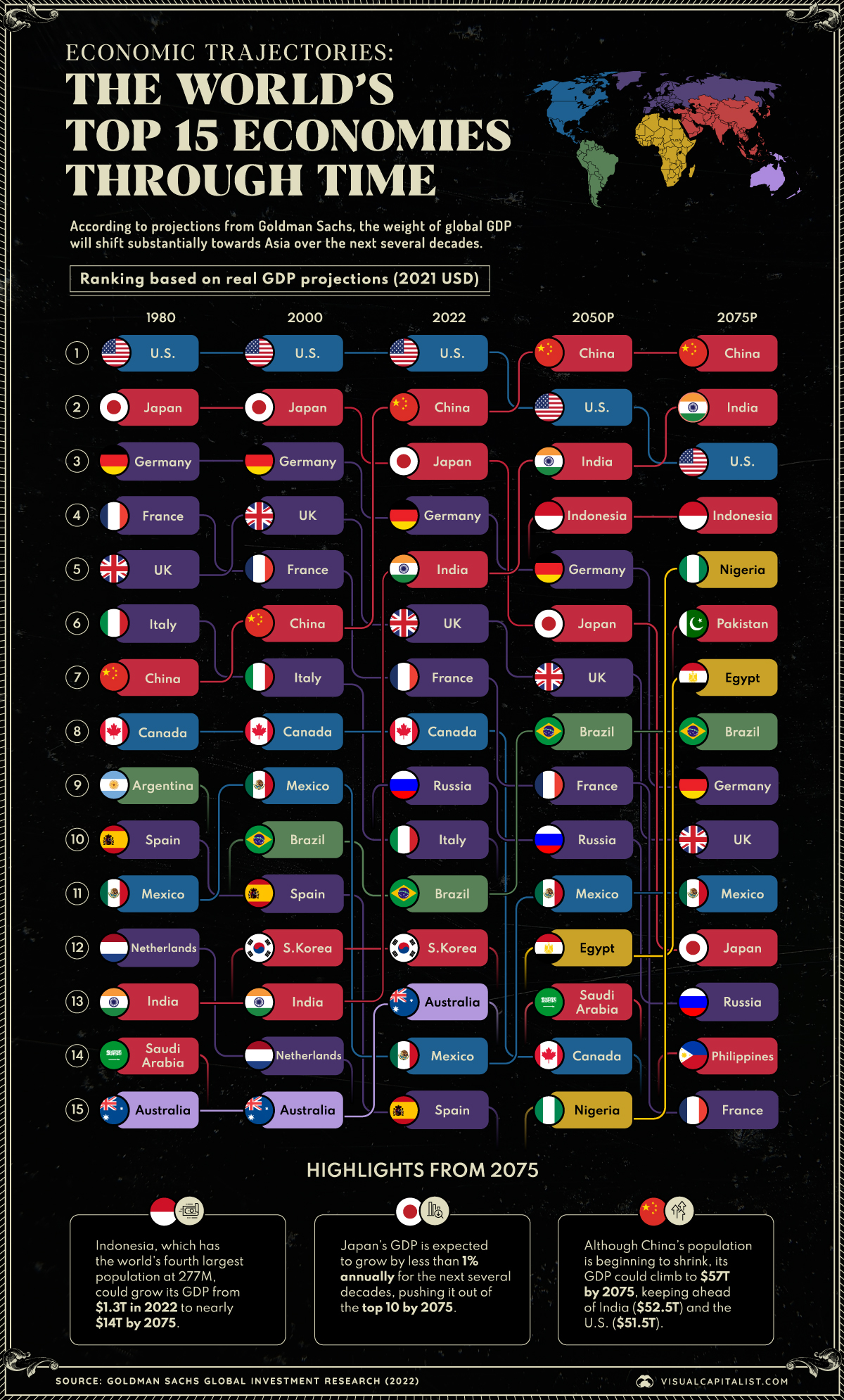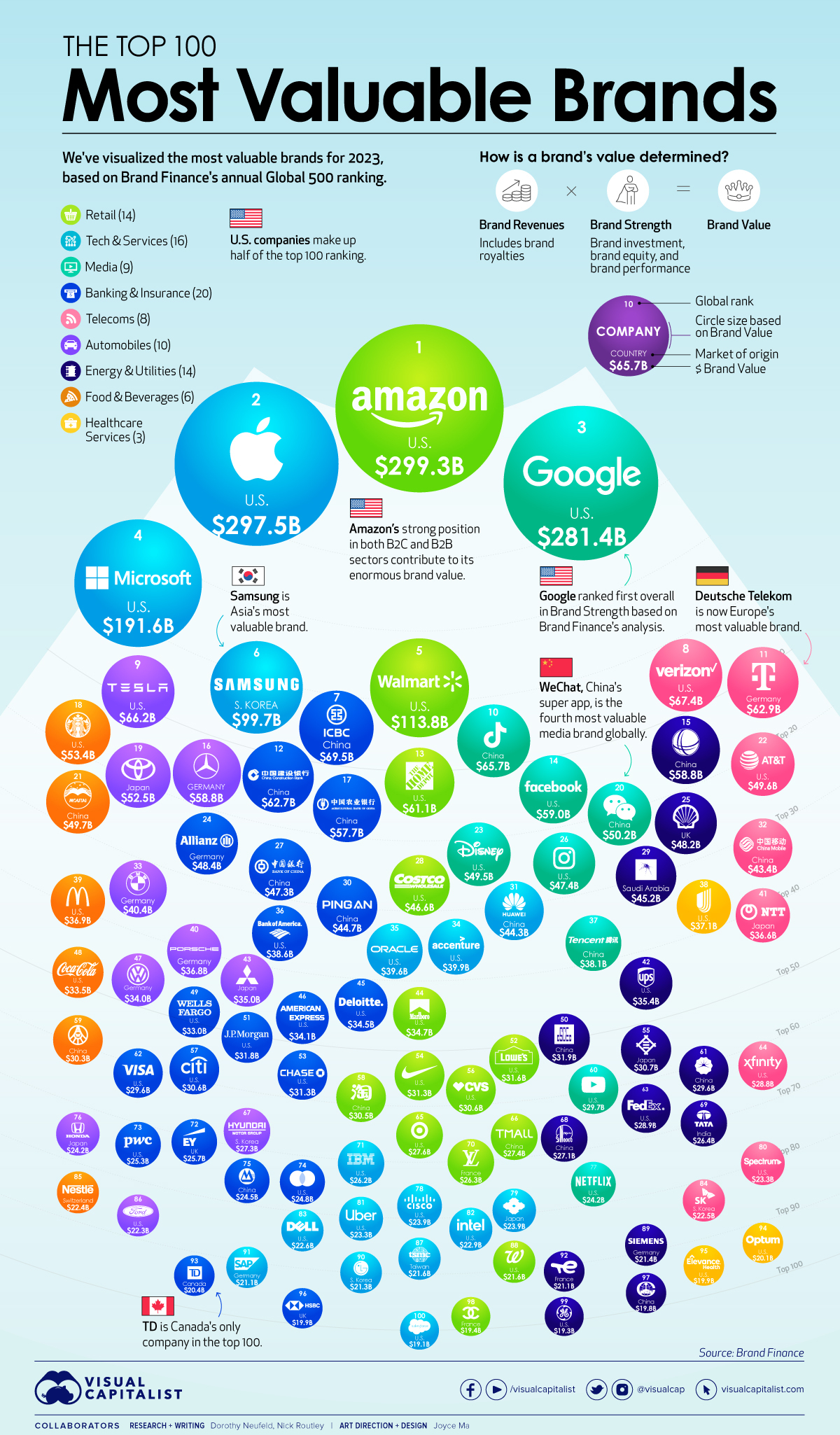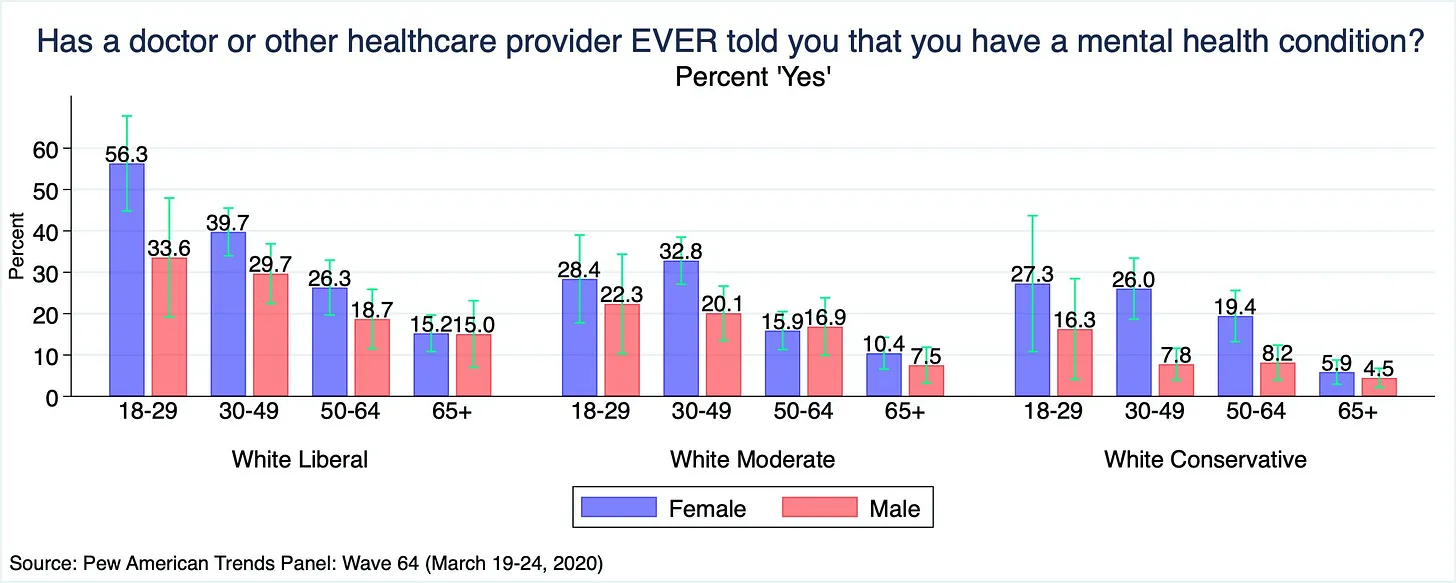Consumption Week 30
My notes from some of the media I consumed this week.
Making Renewable, Infinitely Recyclable Plastics Using Bacteria
https://cleantechnica.com/2023/07/27/making-renewable-infinitely-recyclable-plastics-using-bacteria/
- Researchers engineered E. coli to turn sugar from plants into the raw materials for biorenewable plastics. Those biorenewable plastics are called PDKs, a new type of plastic that can be efficiently recycled over and over again.
Tags: Plastic, Recycling, Biotechnology, Bacteria
Butterfly flight inspires researchers to explore new ways to create force and electricity
- “We’ve demonstrated that even after being extracted from natural sources, chitinous polymers retain their natural ability to link different forces, molecular organization, and water content to generate mechanical movement and produce electricity without the need for an external power source or control system,”
Tags: Bioengineering, Nature, Electricity
How ancient ‘skywells’ are keeping Chinese homes cool
https://www.bbc.com/future/article/20230712-how-ancient-skywells-are-keeping-chinese-homes-cool
- A skywell, or “tian jing” (天井) in Mandarin, is a typical feature of a traditional home in southern and eastern China. Different from a northern Chinese courtyard, or “yuan zi” (院子), a skywell is smaller and less exposed to the outdoor environment.
- Studies have found that the temperatures inside some of the skywells in southern China are significantly lower than the outside – by up to 4.3C.
- When wind blows above a skywell house, it can enter the indoor space through the opening. Because outdoor air is often cooler than indoor air, the incoming breeze travels down the walls to the lower stories and create airflows by replacing warmer indoor air, which rises and leaves through the opening.
- Even when there is no natural wind, air circulation still takes place inside a skywell home due to the “chimney effect”. The temperature difference between the top and bottom of the skywell means warm air inside the skywell rises, drawing cooler air from the rooms to the bottom of the skywell.
- Some skyscrapers use the ventilation principle of skywells to improve airflows without building a courtyard out of concerns of practicality. The 68-storey Dongguan TBA Tower in Guandong province, for example, brings natural airflows to every floor with internal “windpipes” that function in a similar way to skywells.
Tags: Cooling, Heating, Climate Adaption
ClientEarth Impact in 2023
- This year we have launched 24 new cases and have a total of 120 legal actions under way.
Tags: Climate, Law
Ranked: The Top Economies in the World (1980‒2075)
https://www.visualcapitalist.com/top-economies-in-the-world-1980-2075/
Tags: Economies, Geopolitics, Future, Predictions
Ranked: The Top 100 Brands by Value in 2023
https://www.visualcapitalist.com/top-100-brand-value-2023/
Tags: Business, Companies
[Acquired] Nike
- They guessed the market size was $1bn, which helped them get investment. In reality it was $100m. But they made it >$10bn.
- If you believe in something it’s easy to sell
Tags: Business, Entrepreneurship, Market Sizing, Sales
How to do great work
http://paulgraham.com/greatwork.html
- Four steps: choose a field, learn enough to get to the frontier, notice gaps, explore promising ones.
- The work you choose needs to have three qualities: it has to be something you have a natural aptitude for, that you have a deep interest in, and that offers scope to do great work.
- The three most powerful motives are curiosity, delight, and the desire to do something impressive.
- Curiosity is the key to all four steps in doing great work: it will choose the field for you, get you to the frontier, cause you to notice the gaps in it, and drive you to explore them.
- The key: consistency. People who do great things don’t get a lot done every day. They get something done, rather than nothing.
- The factors in doing great work are factors in the literal, mathematical sense, and they are: ability, interest, effort, and luck. Luck by definition you can’t do anything about, so we can ignore that. And we can assume effort, if you do in fact want to do great work. So the problem boils down to ability and interest. Can you find a kind of work where your ability and interest will combine to yield an explosion of new ideas?
- When in doubt, optimize for interestingness.
- When you read biographies of people who’ve done great work, it’s remarkable how much luck is involved. They discover what to work on as a result of a chance meeting, or by reading a book they happen to pick up. So you need to make yourself a big target for luck, and the way to do that is to be curious. Try lots of things, meet lots of people, read lots of books, ask lots of questions.
- Take as much risk as you can afford. In an efficient market, risk is proportionate to reward, so don’t look for certainty, but for a bet with high expected value. If you’re not failing occasionally, you’re probably being too conservative.
- The right strategy is not to plan too much. At each stage do whatever seems most interesting and gives you the best options for the future.
- By letting your mind wander a little, you’ll often solve problems you were unable to solve by frontal attack.
- When you let your mind wander, it wanders to whatever you care about most at that moment. So avoid the kind of distraction that pushes your work out of the top spot, or you’ll waste this valuable type of thinking on the distraction instead.
- It will probably be harder to start working than to keep working. You’ll often have to trick yourself to get over that initial threshold. It’s ok to lie to yourself about how much work a project will entail, for example. Lots of great things began with someone saying “How hard could it be?”
- You have to be comfortable enough with the world being full of puzzles that you’re willing to see them, but not so comfortable that you don’t want to solve them.
- People new to a field will often copy existing work. There’s nothing inherently bad about that.
- The features that are easiest to imitate are the most likely to be the flaws.
- One of the most powerful kinds of copying is to copy something from one field into another.
Tags: Life, Career, Success
[The James Altucher Show] The Ultimate Guide to Making Good Decisions
- To feed a discussion, ask a question, don’t give an opinion.
- When negotiating, always have more things (e.g. money, benefits, location) so you have more to offer/”sacrifice” to the other
- Happiness = expectations divided by reality → set realistic goals
- Creativity
- Idea sex - Harry Potter x Friends
- Substitutions - Harry Potter but mutant not wizard
Tags: Decision Making, Negotiation, Happiness, Creativity
Could You Be in One of These 8 Psychological Traps?
https://www.clearerthinking.org/post/could-you-be-in-one-of-these-8-psychological-traps
- Belief Traps: pits of belief
- (1) Truman Show → you’re normalised to the negative experience so you don’t see it for what it is
- (2) Mirage → you think you’re inadequate and so trying to succeed will result in failure
- (3) Inevitability → you think even if you succeed you’ll fail again and be back to square one, so there’s no point trying
- Social Traps: pits caused by social dynamics
- (4) Prison of Solidarity → you hold yourself back by “caring” for others
- (5) Coerced Confinement → someone else holds you back through guilt, threats, etc
- Avoidance & Desire Traps: pits of fear, pain and pleasure
- (6) Toothless Tiger → you’re afraid of failing and looking stupid
- (7) Barbed Wire Barrier → success will require a temporary pain you don’t want to deal with
- (8) Addiction → the negative experience has some positive side-effects that overcome your willpower to succeed
Tags: Psychology, Mindset, Attitude, Cognitive Biases, Logical Fallacies, Success, Meditations, Reflections
8 Life-Changing Questions To Ask Yourself
https://www.clearerthinking.org/post/8-life-changing-questions-to-ask-yourself
- What in life gets you excited?
- What would you say is the greatest accomplishment of your life so far?
- What was the most significant turning point in your life, and how did that experience change you?
- What’s one of the best days you’ve had in your entire life?
- In your opinion, what is the purpose or meaning of life?
- What has kept you hopeful in life’s most challenging moments?
- Imagine receiving a message from a version of yourself five years later. What warnings would these give you, and what advice would they offer about how best to achieve your goals?
- What valuable things have you learned, or what practical takeaways have you gotten from answering these questions?
Tags: Meditations, Reflections, Life
The Pathologization Pandemic
https://gurwinder.substack.com/p/the-pathologization-pandemic
-
Women are almost twice as likely as men to report having long Covid, while transgender people are significantly more likely to do so than everyone else.
-
A study of nearly two million people published in Nature found that people who reported three or more symptoms of long Covid included 4% of people with no evidence of having had Covid.
-
One study found that people prone to anxiety and depression before Covid infection were 45% more likely to develop long Covid after infection, and the Nature study found that having anxiety and depression before Covid infection almost doubled the chance of reporting long Covid after infection.
-
A much likelier explanation is that, since the symptoms of mood disorders overlap with those of long Covid, people are mistaking distress for the side-effects of viral infection.
-
The group that’s disproportionately reporting gender dysphoria — adolescent girls — is the same demographic as the group deemed in the German study to be disproportionately at risk of long Covid.
-
Increases have occurred for major depressive disorder, attention-deficit disorder, obsessive-compulsive disorder, social anxiety disorder, generalized anxiety disorder, autism spectrum disorder, and various eating disorders. It seems young people and their doctors are increasingly viewing personal issues as medical disorders — we are facing a “pathologization pandemic.”
-
Most people, however, are happy to have their personal failings blamed on medical issues, because it absolves them of responsibility. It’s not your fault you violently lashed out, you have trauma. It’s not your fault you lack energy, you have long Covid. It’s not your fault you hate the way you look, you have gender dysphoria.
-
The number of pregnancies deemed to require caesarean sections has gradually increased because this method of delivering babies is more profitable. Likewise, if you’re simply sad then medical companies can’t monetize you, but if your distress is reclassified as, say, gender dysphoria, those companies can sell you puberty blockers or surgical procedures.
-
Research shows conservatives tend to have an internal locus of control, which means they believe that their decisions, as opposed to external forces, control their destiny. Liberals, meanwhile, tend to have an external locus, which means they believe their lives are determined by forces beyond their control.
-
The polar opposite of pathologization is Cognitive Behavioural Therapy (CBT). Although referred to as therapy, it’s closer to a form of mental training. Based on the Ancient Greek philosophy of Stoicism, it teaches a lesson the West has all but forgotten: that our feelings are not always valid, but often deluded and self-destructive. It trains people to overcome harmful emotions by reframing harmful thoughts into alternatives that are more agentic and soluble. So, “That made me angry” becomes “I reacted to that by getting angry.” And “Life sucks” becomes “I feel like life sucks right now.” Where pathologization places problems outside your control, CBT places them within your control. Where pathologization bundles many small issues into one giant insurmountable problem, CBT breaks down giant problems into small manageable pieces.
Tags: Disease, COVID, Mental Health, Depression, Anxiety
Burning Sun - BBC Sounds
https://www.bbc.co.uk/sounds/series/p04sj2pt
- The incredibly messed-up story of how k-pop idols drugged and raped dozens of (or more) women and shared videos of their “conquests”.
Tags: Crime, Korea
South Korean POWs abandoned for decades in North Korea
https://www.bbc.co.uk/news/world-asia-66312530?utm_source=pocket_saves
- Digging for coal, day after day, for more than 50 years was excruciating work, but it was the spectre of injury and death that Mr Lee says was the hardest to bear. One day his hand got caught in a coal processing machine, but the loss of his fingers seemed minor, as he witnessed various friends be killed in a series of methane gas explosions. “We gave our entire youths to that coal mine, waiting for and fearing a meaningless death at any moment,” he says. “I missed home so much, especially my family. Even animals, when they are nearing death, go back to their caves.”
- The North, after releasing just 8,000 prisoners, has refused to acknowledge that any more exist. Three days after his only son was killed in a mine accident, with his wife long dead, Mr Lee embarked on his journey. Now aged 77, he secretly waded across the river into China, the water up to his neck. He is one of 80 prisoners to have escaped and made it home to South Korea, with only 13 of the escapees still alive. The remaining tens of thousands of prisoners were left to perish in the mines. Few, if any, are still alive - though their children remain.
- [In South Korea] The prisoners of war (POWs) who never made it home are marked as missing, assumed dead, and are not honoured as war heroes. “The children of the POWs in North Korea suffered from the pain of guilt by association, and yet here in South Korea we are not acknowledged. We want to be given the same respect that the families of other fallen veterans receive,” she said.
Tags: War, Korea, North Korea
xkcd: Bad Map Projection: ABS(Longitude)
Tags: Maps, Geography, Comics
Crinkle Crankle Calculus
https://www.johndcook.com/blog/2019/11/19/crinkle-crankle-calculus/
- A crinkle crankle wall, also called a serpentine wall, is a wavy wall that may seem to sacrifice some efficiency for aesthetics. The curves add visual interest, but they use more material than a straight wall. Except they don’t! They use more bricks than a straight wall of the same thickness but they don’t have to be as thick.
Tags: Design, Maths, Construction





